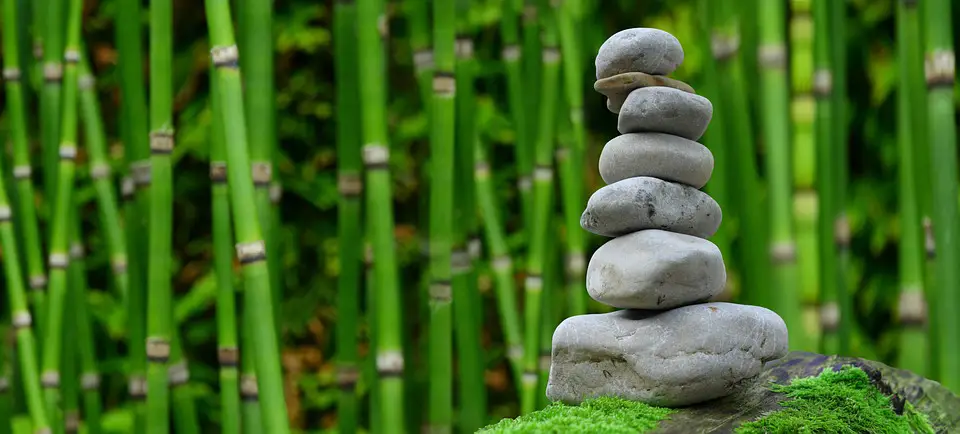Introduction
Home hydroponics is revolutionizing the way we grow plants, bringing gardening to urban areas, small spaces, and even indoors. With hydroponics, you can grow nearly any plant without soil, using water, nutrients, and a controlled environment to encourage growth. This innovative gardening method is gaining popularity worldwide and offers numerous benefits for both experienced gardeners and beginners.
Increased Year-round Harvest
One of the key advantages of hydroponics is the ability to grow plants year-round, independent of weather conditions. Traditional outdoor gardening often requires specific seasons and climatic conditions for successful growth. With hydroponics, you can create an ideal environment, controlling elements such as temperature, humidity, and light. This means you can grow your favorite fruits, vegetables, and herbs all year, ensuring a constant supply of fresh produce.
Water Conservation
Compared to traditional soil-based gardening, hydroponics is a water-efficient method. By recirculating the nutrient-rich water solution within the system, hydroponic setups use significantly less water. Furthermore, the water usage can be optimized through techniques like drip irrigation or using water-efficient growing mediums. Hydroponics offers a sustainable solution for gardeners concerned about water scarcity and excessive water consumption in traditional farming.
Space-saving Solution
Hydroponics allows plants to grow vertically, optimizing space and making it a suitable option for urban dwellers with limited outdoor areas. Vertical hydroponic setups, such as wall-mounted or tower systems, maximize the use of available space, enabling the cultivation of a large number of plants in a relatively small area. Additionally, hydroponic systems can be set up indoors with the help of artificial lighting, enabling year-round gardening even in apartments or homes without a garden.
Pest and Disease Control
Traditional gardening often involves battling pests and diseases that can damage or destroy crops. However, with hydroponics, the risk of pest infestation and diseases is significantly reduced. Since the plants are grown in a controlled environment, there are fewer opportunities for pests to attack the plants. Additionally, hydroponic systems minimize the use of chemical pesticides, making it a healthier and more environmentally friendly option for growing plants.
FAQs
Q: What plants can be grown using hydroponics?
A: Almost any plant can be grown using hydroponics. From leafy greens like lettuce and spinach to tomatoes, cucumbers, strawberries, and even flowers, the possibilities are extensive.
Q: Do hydroponic plants require special nutrients?
A: Yes, hydroponic plants require a specific nutrient solution that provides all the necessary nutrients for their growth. These nutrient solutions are easily available and can be tailored to suit the needs of different plants.
Q: Is hydroponics suitable for beginners?
A: Yes, hydroponics can be a great option for beginners. While it requires some initial setup and knowledge, there are various user-friendly hydroponic systems available in the market that simplify the process. Additionally, numerous online resources and communities offer guidance for beginners.
Q: How does hydroponics impact the environment?
A: Hydroponics has a positive impact on the environment. By reducing water consumption and utilizing space efficiently, it promotes sustainability. Furthermore, the controlled environment minimizes the need for chemical pesticides and fertilizers, leading to less pollution and healthier produce.
Q: Can hydroponics be used for commercial farming?
A: Yes, hydroponics is already widely used for commercial farming. Its efficiency, space-saving properties, and higher yields make it an attractive option for large-scale cultivation. Hydroponic systems are found in greenhouses and vertical farms, allowing farmers to produce crops more efficiently and profitably.




